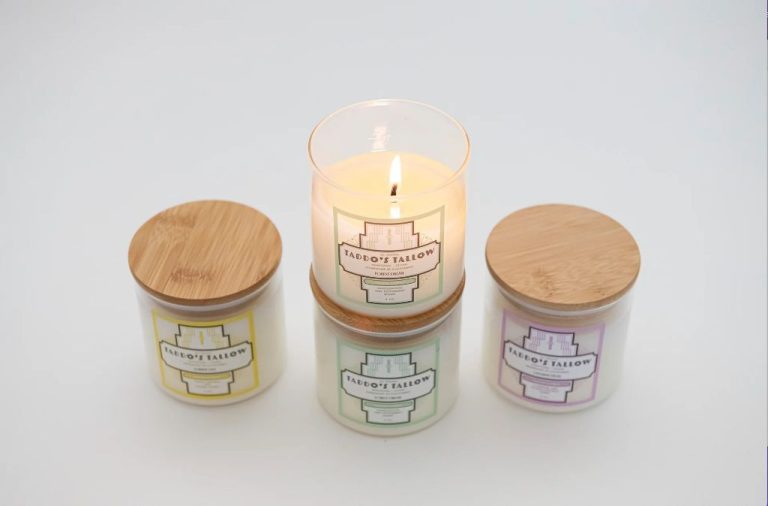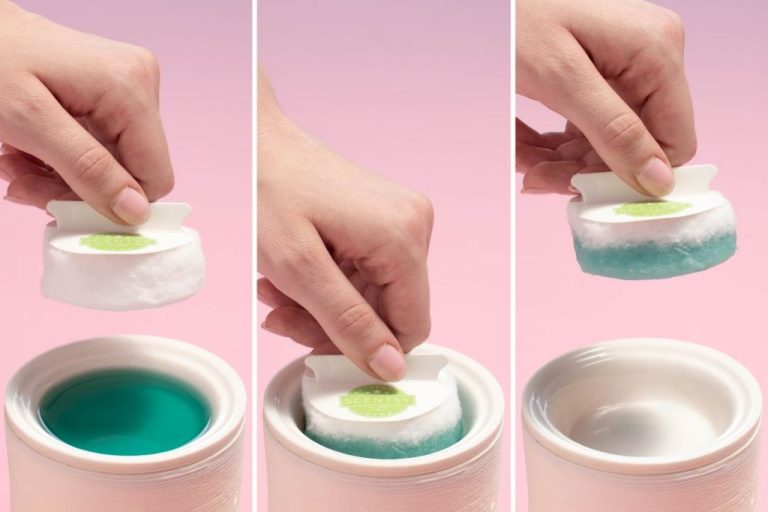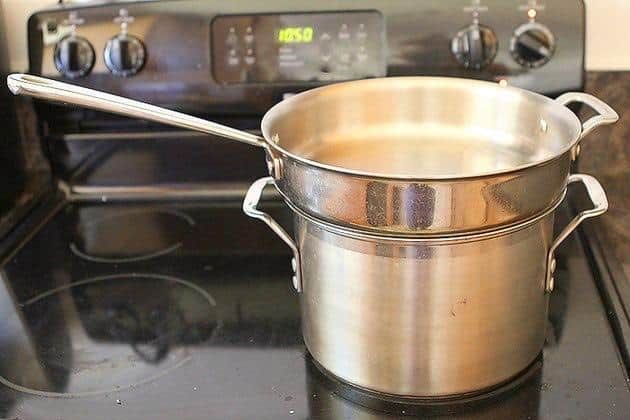Is A Wax Melter Or Diffuser Better?
Introduce wax melters and diffusers
Both wax melters and diffusers have become popular tools for scenting the home. Wax melters heat scented wax, slowly releasing fragrance as the wax melts. The wax is contained in a chamber, and a tea light or electric heating element provides the heat needed. Diffusers utilize essential oils and water. The oils are dispersed into the air using ultrasonic vibrations, cool mist, heat, or passive diffusion. With their cozy scents and gentle ambiance, wax melters and diffusers offer an inviting way to fill your home with fragrance.
Compare how they work
Wax melters and diffusers use different methods to disperse fragrance. Wax melters rely on melting scented wax with a heating element or bulb to release fragrance oils into the air. The wax slowly liquifies when heated, allowing the aroma to fill the room over several hours. Diffusers utilize 100% pure essential oils and disperse them in fine micro-droplets using ultrasonic vibrations, air pressure, heat, or nebulization. The oil droplets enter the air more rapidly than melting wax, resulting in a quicker fragrance release.
In a wax melter, a tea light or electric heating element heats up the wax tart or cube placed in a metal plate or pot. As the wax melts at temperatures between 120-150°F, the scent molecules are released into the air through evaporation. The wax cools and solidifies again when the melter is turned off, stopping the fragrance dispersal. With diffusers, no external heat is required. Ultrasonic and nebulizing diffusers use electronic vibrations to break essential oils into microscopic particles that exit the device as a fine mist. Evaporative diffusers rely on a fan to blow air over a felt pad soaked in oil, evaporating the aroma. Heat diffusers gently warm the oil to promote diffusion.
Assess fragrance quality
When it comes to fragrance quality, there are some key differences between wax melts and diffusers. Wax melts tend to provide a very intense fragrance initially when the wax first melts. However, the fragrance fades relatively quickly as the wax cools and solidifies again. Diffusers provide a more consistent fragrance over time, though it may not be quite as strong as the initial smell of melting wax.
Wax melts allow for more customization and flexibility with fragrance. You can mix and match different wax melt scents to create your own personalized fragrance blends. With diffusers, you are limited to whatever oil scent is currently in the diffuser. However, diffuser oils come in many more scent varieties than wax melts.
Overall, for a short powerful fragrance boost, wax melts excel. But for a subtler, consistent, and longer-lasting ambient fragrance, diffusers are likely the better choice.
Evaluate safety
When comparing the safety of wax melters vs diffusers, two main factors come into play – fire and burn risks, and the toxicity of the materials involved.
On the fire and burn risk front, both wax melters and diffusers require a heat source to function. Wax melters use a small light bulb or heating plate to melt wax, while many diffusers use a heated plate or ultrasonic vibrations to disperse oils. In either case, basic precautions need to be taken to prevent fires or burns. Wax melters in particular can reach high temperatures and the wax itself can cause burns if spilled. Young children and pets should be kept away from operating melters and diffusers. Diffusers generally operate at lower temperatures, but can still pose a burn risk. Overall, while it’s unlikely for a properly used melter or diffuser to result in fire or injury, care should be taken in their operation.
When it comes to toxicity, essential oils used in diffusers can be hazardous if ingested or misused. Many oils like peppermint, eucalyptus, tea tree, and lemon can be irritants and should only be diffused in small amounts. Melted candle wax is generally recognized as non-toxic, though inexpensive waxes may contain synthetic fragrances or dyes that could be irritating. Beeswax and soy wax are natural options. Overall, essential oils likely have a higher risk of toxicity if misused or ingested. However, normal diffuser use should not expose anyone to hazardous levels of oils. As with anything, both wax melts and diffusers should be used according to manufacturer guidelines.
Consider ease of use
When examining preparation and cleanup, wax melters generally require more effort than diffusers. Melts must be cut or portioned from a larger wax block before being placed in the melter. This can create some mess and waste if not done carefully. The melter dish also needs periodic cleaning to remove wax residue. In contrast, diffusers simply need a few drops of essential oil added to water. There’s little preparation needed.
For fragrance switching and maintenance, diffusers again prove easier. The water and oil can be easily emptied and replaced with a new scent. Wax melts don’t allow fragrance switching as quickly, as the wax must fully melt before changing. Faster scent rotation requires having multiple warmers running. Diffusers also don’t leave any wax residue behind between fragrances like melters do. Overall, diffusers offer quicker, simpler fragrance changes.
Compare aesthetics
When it comes to decor, wax melters often have an advantage over diffusers. Wax melters come in a wide variety of styles, colors, and designs to match any decor theme. You can find ceramic melters shaped like owls, houses, skulls, and more. There are also metal ones with gorgeous etched designs. Wax melt holders can look like candles, have woodgrain details, or be bright and colorful to add a pop of fun.
Diffusers also come in many colors, but their shape is more limited since they need to work with the ultrasonic technology inside. You’ll find lots of orb-shaped diffusers, some cool modern angular ones, and diffuser/humidifier combo units shaped like eggplants or rabbits. But in general, wax melters offer more versatility for complementing your existing decor. Their designs can mimic candles, pottery, or sculptures while still diffusing fragrance effectively.
Review costs
When looking at the costs of wax melters versus diffusers, it’s important to consider both the upfront and ongoing costs.
Wax melters themselves are relatively inexpensive, usually ranging from $10-$50 depending on the style and features. The biggest ongoing cost is buying new wax cubes or melts, which typically run $.50-$3 per cube. Since you only use one cube at a time, they tend to last a long time.
Diffusers have a wider range of upfront costs, anywhere from $10 for a basic model up to $100+ for more high-end, designer styles. The recurring cost is buying new essential oils, which can range from $5-$30+ per bottle depending on the type and quality. Diffusers typically use more oil per use than wax melts, anywhere from 5-10 drops per session.
Overall, while wax melters may have a lower upfront investment, the ongoing cost of new wax cubes makes it about equal to buying replacement oils for diffusers over time. The quality of the fragrance also factors into long-term costs. High quality essential oils may be pricier but can provide better aroma than cheaper wax cubes.
Summarize environmental impact
When looking at the environmental impact of wax melters versus diffusers, there are a few key factors to consider:
First, disposability. Wax melters require you to frequently change out wax cubes, which generates more waste over time. Diffusers on the other hand typically use replaceable essential oil pads or allow you to add your own oils, creating less disposable waste.
Next, essential oil sourcing. Many essential oils are not sustainably grown and contribute to deforestation, especially oils like lavender, tea tree, eucalyptus, and sandalwood. It’s important to source oils from ethical growers. Diffusers that use less oil may be more eco-friendly in this regard.
Finally, energy use. Diffusers often run continuously, consuming electricity. Wax melters only use energy when melting the wax. This makes wax melters generally more energy efficient.
In summary, diffusers produce less disposable waste but wax melters are more energy efficient. Choosing ethically sourced essential oils is important for both. Overall, wax melters may edge out diffusers for sustainability due to lower energy use and waste.
Make recommendations
When deciding between a wax melter and a diffuser, consider your use case and personal preferences to determine the best option:
Wax melters are ideal if you want:
- Strong, long-lasting fragrance – The wax holds the scent oil and provides hours of fragrance.
- A flameless, electric option – Wax melters don’t require an open flame.
- Variety – You can blend wax cubes and change scents easily.
- Lower upfront costs – The melters are inexpensive, with the recurring cost of wax.
Diffusers are great if you prefer:
- Ultrasonic or heat-based dispersion – Most use water and oil without melting wax.
- Essential oils – Diffusers work best with pure essential oil blends.
- Subtle, light fragrance – The scent is more delicate than melted wax.
- No cleanup – There’s no melted wax residue to clean up.
Take your individual needs into account. Wax melters and diffusers both offer pleasant home fragrance, so choose the one that aligns best with your priorities and preferences.
Conclude with key takeaways
In conclusion, wax melters and diffusers both have their advantages and disadvantages. Wax melters tend to provide stronger, longer lasting fragrance than diffusers. They also tend to be safer and more cost effective in the long run. However, diffusers allow you to switch fragrances more easily and provide ambient lighting effects. Ultimately, wax melters are ideal for those looking for an affordable way to scent their homes continuously. Diffusers work best for people who want the flexibility to change scents often or utilize aromatherapy benefits. When selecting between the two, consider your fragrance preferences, budget, and safety factors. Both can be excellent options for home fragrance – the right choice depends on your specific needs and lifestyle.



